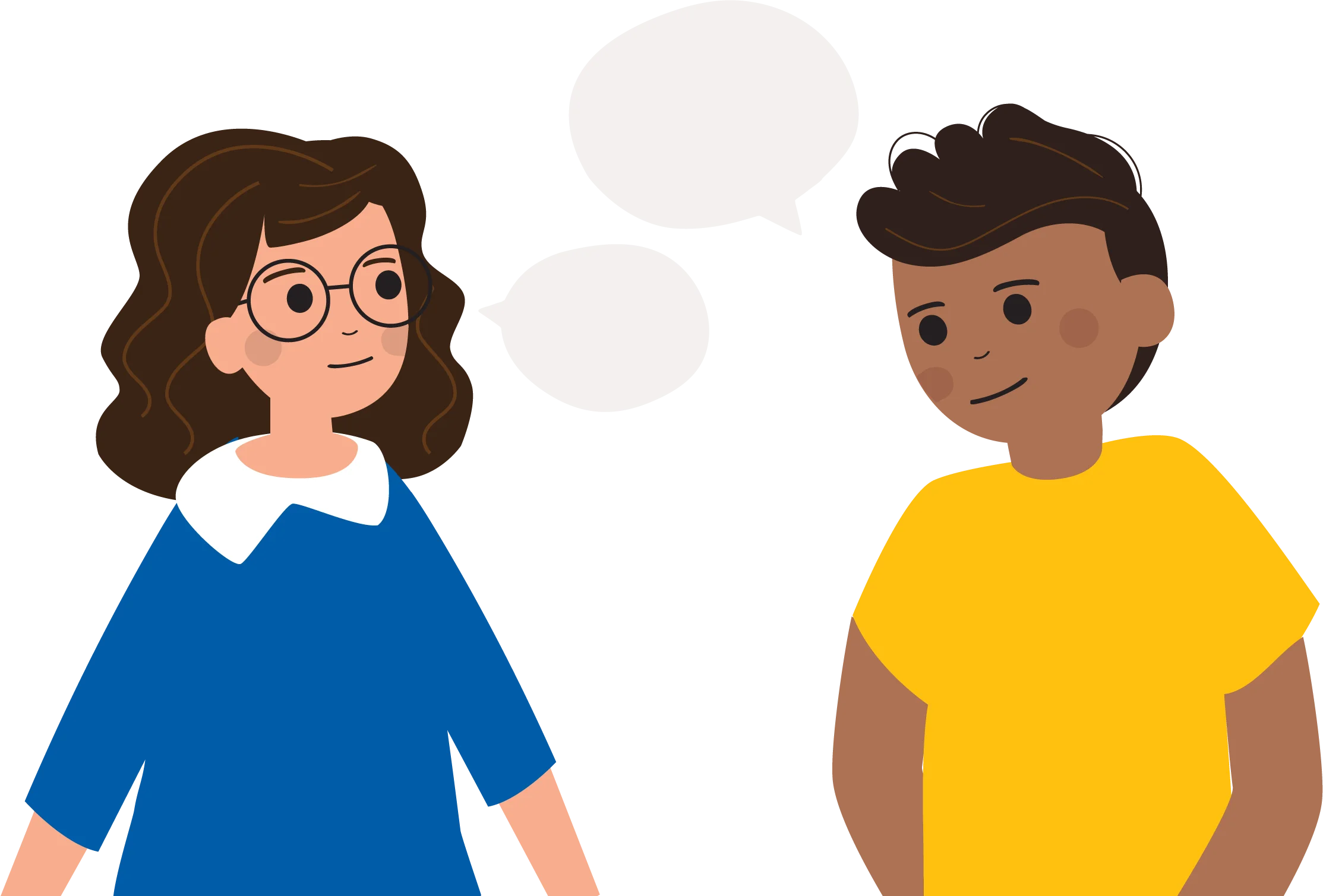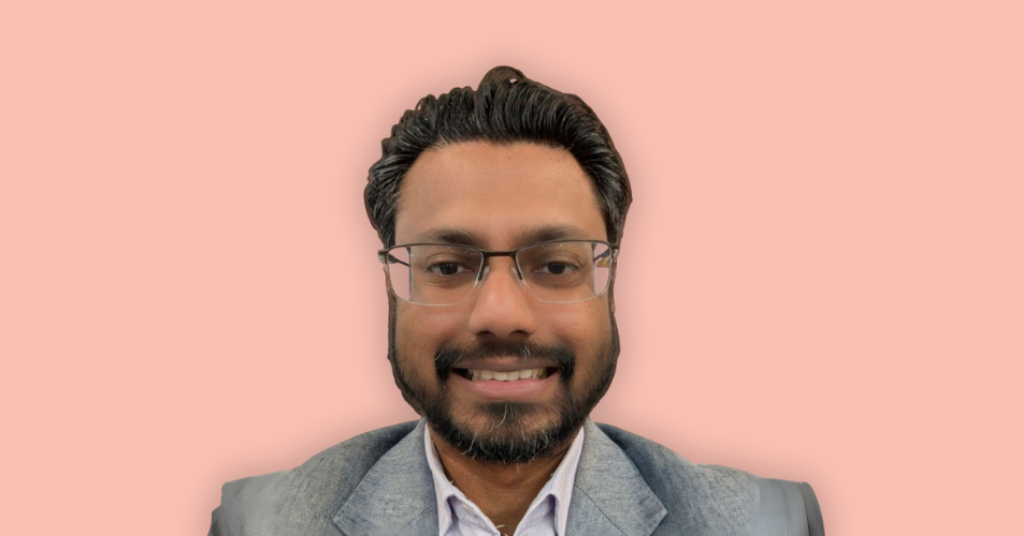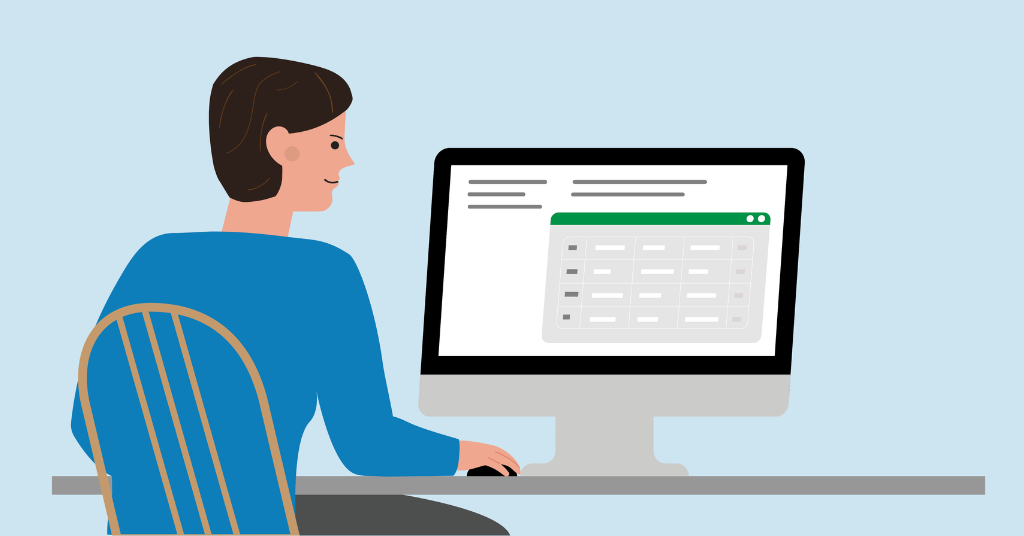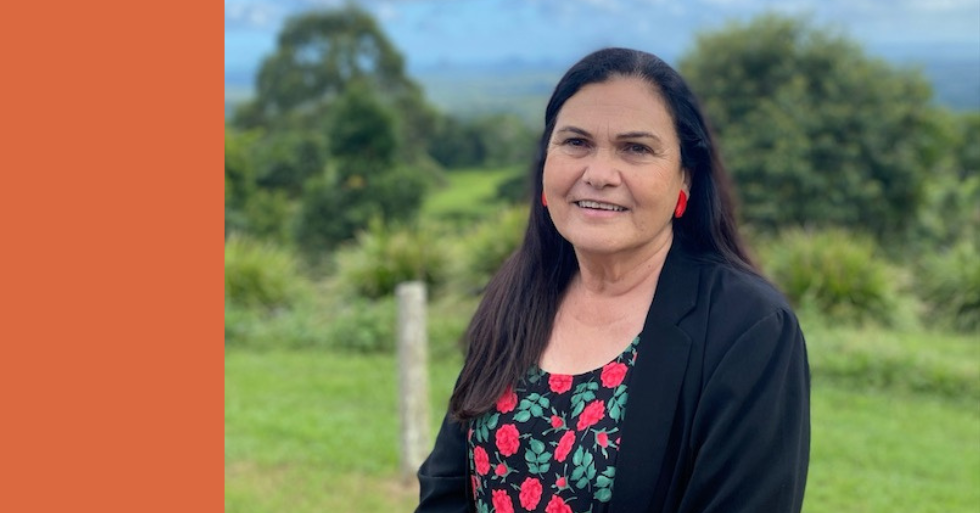Finding purpose, giving back, and helping others do the same
Chris Morgan knows what it means to feel like the odd one out. An Olympic rower, coach, software engineer and volunteer surf lifesaver, Chris grew up without the language to describe being neurodivergent. “In my early life, I was defined by being the odd one out. We didn’t have the language or the understanding. I struggled with my mental health through adolescence. It wasn’t until I found my sense of purpose, and something I could be good at, that I started to fit in.”
That ‘something’ was rowing. Chris came to the sport late but went on to represent Australia at three Olympic Games. Along the way, he juggled elite sport with a career in tech, eventually moving into coaching, mentoring and facilitation. “I’ve been lucky. I had the chance to pursue something meaningful. Now I want to help others do the same.”
Part of that drive led Chris to complete Mental Health First Aid (MHFA) training. Encouraged by his wife, who had completed the course six months earlier, and supported by Surf Life Saving NSW, Chris undertook Mental Health First Aid training 18 months ago.
“It gave me a better understanding of what matters when I’m struggling. But more importantly, it gave me the skills and confidence to help someone else.”
Chris says he’s already drawn on that training many times. “There’s been occasions where people have come to me, either directly or through someone they trust, and said, ‘I need help’ or ‘my friend needs help.’ Before MHFA, I don’t think I would’ve known what to say. Now I do.”
He describes MHFA as a circuit breaker for the bystander effect. “The most tragic thing is being surrounded by people who don’t know what to do. Someone’s struggling, and no one steps in. This training breaks that. It gives people the tools and the courage to act.”
That belief in the power of early intervention is one of the reasons Chris has made a generous donation to Mental Health First Aid’s new campaign to expand the Aboriginal and Torres Strait Islander Mental Health First Aid Program. For more than 18 years, this nationally recognised program has provided culturally responsive and culturally informed training, tailored to the unique strengths and needs of First Nations communities.
Chris says the campaign reflects his values around inclusion and equity. “This is about meeting people where they are. For me, inclusivity means making the most of the individual, whoever they are. That applies to neurodivergent people like me, and it absolutely applies to First Nations communities. Culturally safe mental health support should be available everywhere.”
The cause became even more personal when Chris learned that a former workmate had recently died by suicide. “That hit me hard. I hadn’t seen him in years, but we were close at the time. It was a painful reminder that we’ve still got a long way to go. People are falling through the cracks.”
He says donating to the campaign is a way of helping to close that gap. “We talk a lot about physical health. Everyone knows they should get regular check-ups or go to the doctor when something’s not right. But we’re still not there with mental health. MHFA should be just as common as CPR training.”
Chris urges others to get involved, either by donating or signing up to do a MHFA course. “The worst thing would be having the chance to make a difference and passing it up. You never know when someone will turn to you. And when they do, you want to be ready.”
“The training is practical. It’s evidence-based. And it works. It helps people support others in crisis, and it helps build safer, more connected communities. If we can get more people trained, we can shift culture, shift systems and start changing lives.”
Chris also hopes his story shows that you don’t have to be a mental health expert to play a role. “I’m not a psychologist. But I’ve been through tough times. I’ve seen friends go through tough times. And I’ve learned that sometimes, the most powerful thing you can do is show up, listen and not turn away.”
His approach to life remains grounded in purpose. “I don’t focus too rigidly on where I’m going next. I try to take the opportunities in front of me to grow, contribute and help others do the same. Every person we support, every donation, every training session — it all adds up. That’s how we make the world a little better today.”
Join Chris in supporting culturally safer mental health training for First Nations communities.

Have a Story to share?
If you’re a Mental Health First Aider with a story to share, we’d love to hear from you.
Simply fill out the form below to share your details and our team will get in touch with you to discuss next steps.
Read Other Stories
Explore our other stories below or go back to the MHFA Stories page.
Sean’s story
Sean Ryan arrived in Australia as an international student in 2017, prepared for the challenges of navigating a new country and balancing university expectations with part time work, and finding his place in a new culture. Mental health wasn’t something he expected to think about, let alone talk about.
Dan’s Story
How burnout became a mission to help others It took an almost out-of-body experience during a meeting for Dan to recognise that his working hours were unsustainable. Burnt out and disconnected, he realised something had to change. Dan had been working in the...
Aunty Margaret’s story
Since becoming a Licensed Aboriginal and Torres Strait Islander Mental Health First Aid Instructor in 2017, Margaret has delivered courses across the country, including prisons, schools, big cities and remote communities. She is licensed to deliver the Aboriginal and Torres Strait Islander course, along with the program’s Youth Aboriginal and Torres Strait Islander, Talking about Suicide, Talking about Non-Suicidal Self-Injury, and Youth Yarns (pilot) courses. She also facilitates Certificate IV in Mental Health.
Learn about our training
Explore our range of course options to find the Mental Health First Aid training that’s right for you.









